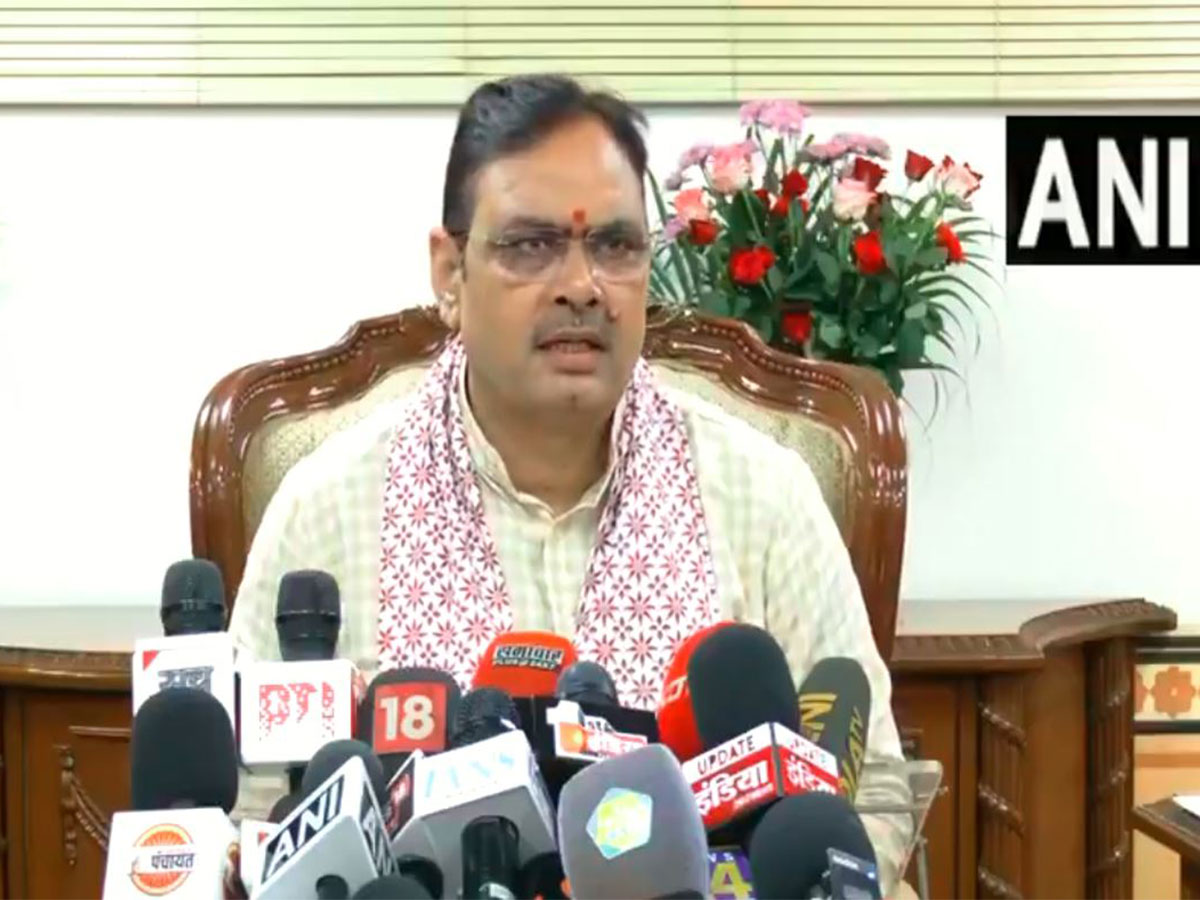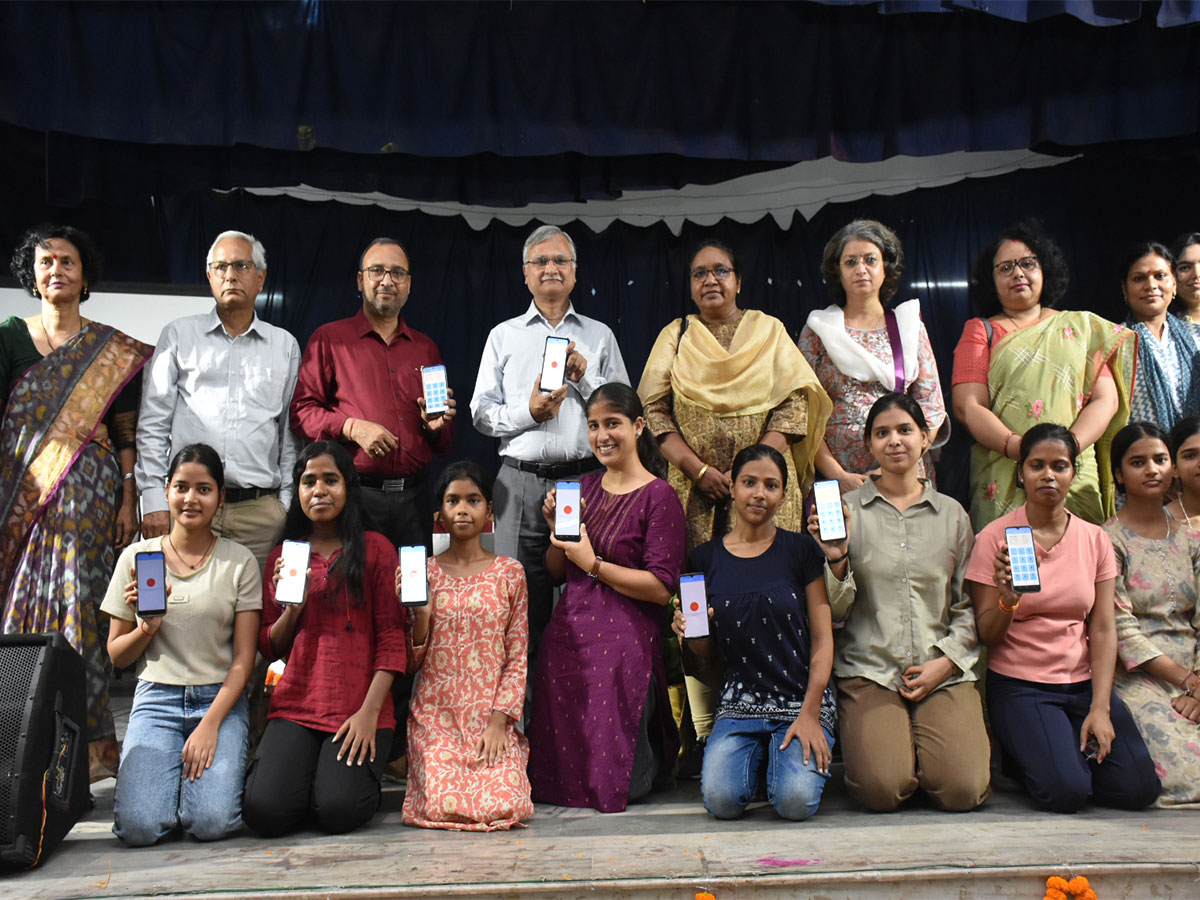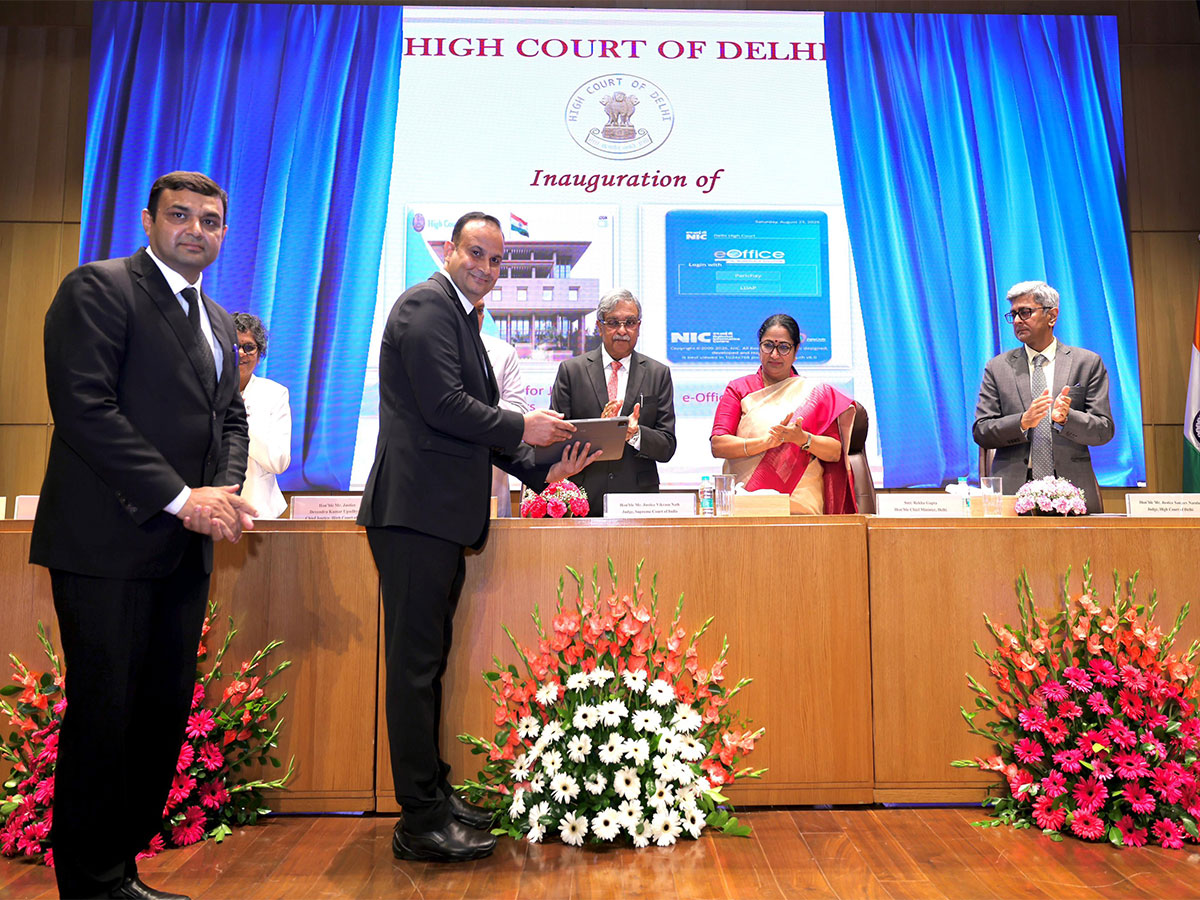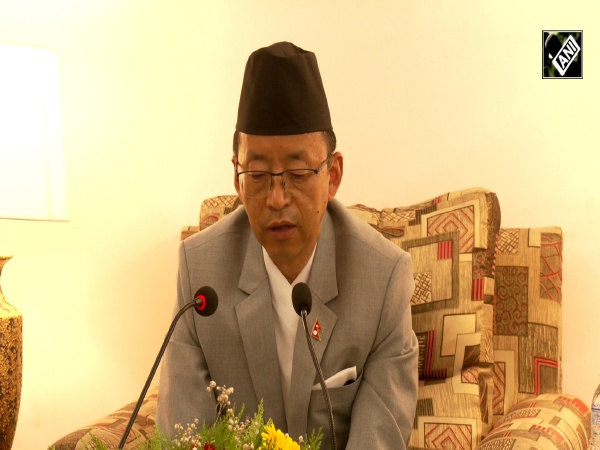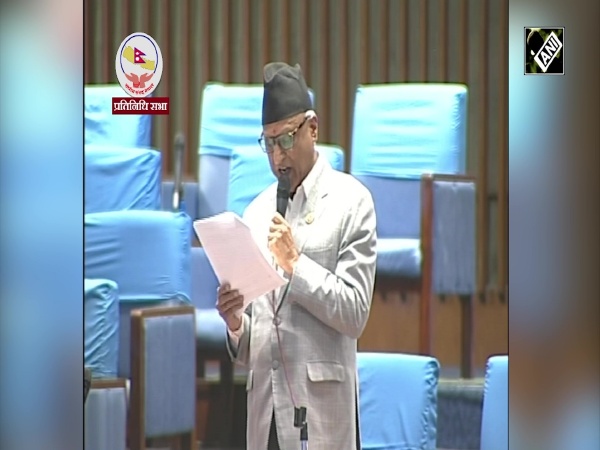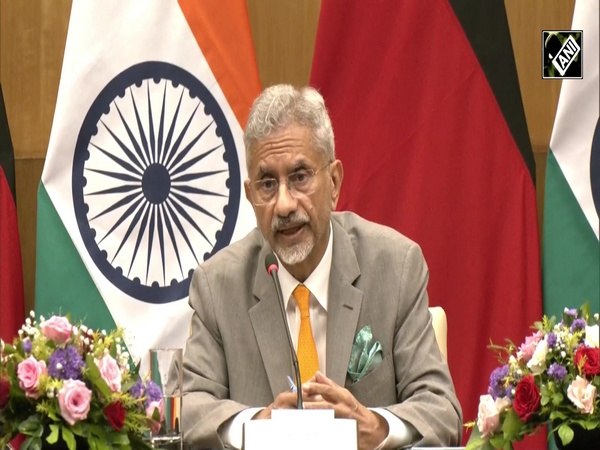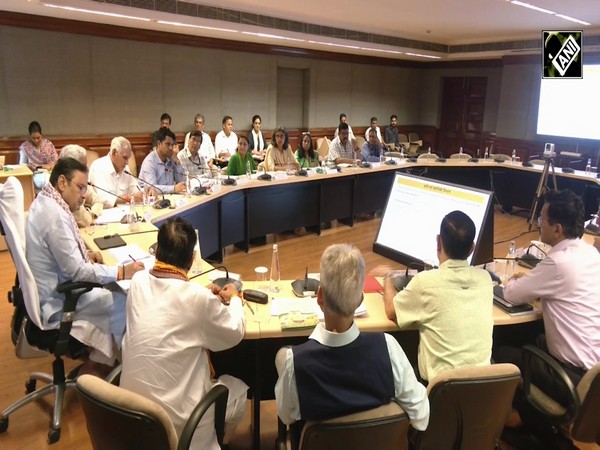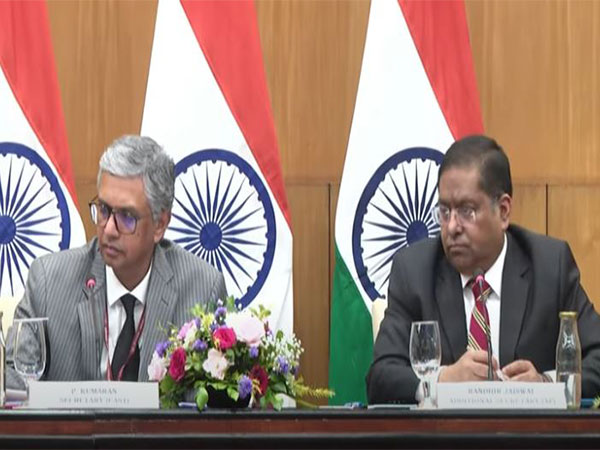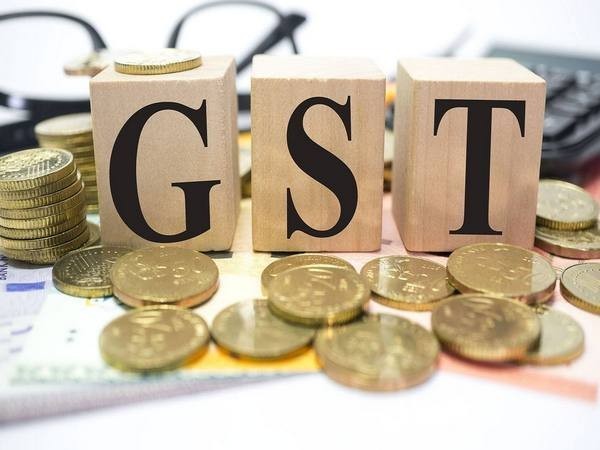
FICCI Madhya Pradesh welcomes GST reforms, says will strengthen foundation of Viksit Bharat
Sep 04, 2025
Bhopal (Madhya Pradesh) [India], September 5 : FICCI Madhya Pradesh has hailed the decisions of the 56th GST Council Meeting, which mark a transformative step in India's economic journey and pave the way for next-generation GST reforms.
According to an official release, the FICCI MP says that these reforms will strengthen the foundation of a Viksit Bharat while also creating new opportunities for states like Madhya Pradesh.
"The rationalisation of GST rates into a simplified two-tier structure (18% and 5%), with a special de-merit rate for select goods, is a consumer-focused and growth-oriented reform. It brings transparency, predictability, and stability to India's tax system and will directly benefit households, MSMEs, and labour-intensive industries across Madhya Pradesh," the statement in the release read.
Sectors critical to the state's economy, including agriculture, food processing, textiles, automobiles, infrastructure, and healthcare, stand to gain through reduced costs, improved competitiveness, and stronger consumption-driven growth, it added.
Chairman of FICCI Madhya Pradesh State Council, Dinesh Patidar, said, "The government's GST rate rationalisation initiative, as endorsed by the GST Council, marks a significant reform in India's indirect taxation framework. FICCI extends its appreciation to the Council for this progressive step. A streamlined tax structure will not only simplify compliance but also minimise classification disputes and resolve issues arising from the inverted duty structure. Although the measures entail revenue implications as highlighted by the government, the anticipated uplift in market sentiment and consequent rise in consumption demand are noteworthy. This development is expected to have a favourable impact on both economic growth and inflation management."
Lower GST rates on essential items and FMCG products such as soaps, shampoos, toothpaste, bicycles, kitchenware, and packaged foods will ease household budgets in both urban and rural Madhya Pradesh. Reductions on agricultural machinery, fertilisers, and inputs will directly benefit farmers, lower production costs, and support food security, key priorities for the state's large agrarian economy, the statement further read.
The FICCI MP further emphasised that relief for labour-intensive sectors such as textiles, handicrafts, leather, footwear, and stonework will provide significant support to Madhya Pradesh's MSME ecosystem, protect traditional livelihoods, and create new employment opportunities.
"Similarly, lower GST on cement, renewable energy devices, and construction materials will encourage housing and infrastructure growth, supporting the state's development agenda. The reduction of GST on life-saving drugs to 5% will ease treatment costs and expand access to affordable healthcare, benefiting people across Madhya Pradesh," it added.
Co-chairman of FICCI Madhya Pradesh State Council, Manish Dabkara, said, "The GST Council's approval of the government's rate rationalisation exercise is a welcome and transformative reform. FICCI commends this decision, which promises to simplify taxation, reduce disputes, and correct anomalies linked to the inverted duty structure. While there may be short-term revenue considerations, the long-term benefits are clear: stronger business confidence, higher consumer spending, and healthier demand. By boosting growth momentum while easing inflationary pressures, the move stands to strengthen India's overall economic outlook".
Co-chairman of FICCI Madhya Pradesh State Council, Manish Gulati, said, "FICCI hails the GST Council's approval of the government's rate rationalisation drive as a landmark reform in India's tax landscape. The simplification of the structure is set to yield multiple advantages, fewer disputes, better compliance, and correction of inverted duty issues. Though the government has acknowledged revenue implications, the larger takeaway is the positive shift in economic sentiment this measure is likely to generate. Lower GST rates are expected to spur consumption, support growth, and help keep inflation in check making this a timely and constructive policy intervention."
